US House Proposes a 10-Year Ban on Regulating AI
Again, I hate writing about anything political on this site because I think most arguments require nuance and a much longer discussion. But I am heavily annoyed that inside Trump's "Big Beautiful Bill," some Republicans have stuck in a measure that would ban states from regulating AI for ten years. It's a move that proponents argue is vital for AI innovation, but critics warn that it could leave consumers vulnerable and stifle necessary oversight.In plain terms, AI can do whatever it wants for a decade without creatives whose work is being stolen or used to train this AI having any way to stop that or sue for payment. The proposal narrowly passed the House on Thursday, May 22, 2025, by a vote of 215-214, largely along party lines, with most Republicans supporting it. Let's dive in.A Federal "Pause" on State AI RulesThe central idea behind not regulating or dealing with AI on the state level, according to House Republicans and some tech industry groups, is to prevent a "confusing patchwork" of differing state-level AI regulations. In their mind, this could possibly hinder innovation and burden businesses (especially smaller ones). They argue it could stop the United States' ability to maintain global leadership in the rapidly advancing field of artificial intelligence, particularly in competition with China. They want to use the ten years to get Congress to develop a comprehensive federal framework for AI, so that each state doesn't have a ton of different laws. But for people against this, like me, it seems completely stupid to just give AI ten years to do whatever they want and legally stop people from objecting. Congress is already slow to act in general, so to put all our regulations on hold while we hope they decide to act in 2035 is like thoughts and prayers. The bill would specifically prohibit states and local governments from enforcing any laws or regulations that limit, restrict, or otherwise regulate AI models, systems, or automated decision systems involved in interstate commerce. All of those are things that would affect people in Hollywood, from writers to actors to production designers and all the way up and down the ladder. Risks and RepercussionsDemocratic lawmakers, numerous civil society organizations, consumer advocates, and even some Republican state officials are against this ten-year ban. Critics argue that a decade-long prohibition on state-level AI regulation is a "dangerous giveaway to Big Tech," effectively leaving consumers unprotected from potential harms associated with AI. These include issues like algorithmic bias in hiring and lending, the spread of deepfakes (especially in election contexts), threats to child safety online, and the lack of accountability for AI-driven decisions.And again, training on your hard work with no way to stop it. Summing It All UpThis is not something that's inevitable. You should call your congressman and let them know this is not a partisan thing, this will affect every American. Letting AI walk all over us for a decade will only benefit the AI companies. You can read more in-depth about it on AP News.The debate highlights the national conversation about how to balance cutting-edge tech with safeguards and ethical considerations. Let me know what you think in the comments.


Again, I hate writing about anything political on this site because I think most arguments require nuance and a much longer discussion.
But I am heavily annoyed that inside Trump's "Big Beautiful Bill," some Republicans have stuck in a measure that would ban states from regulating AI for ten years.
It's a move that proponents argue is vital for AI innovation, but critics warn that it could leave consumers vulnerable and stifle necessary oversight.
In plain terms, AI can do whatever it wants for a decade without creatives whose work is being stolen or used to train this AI having any way to stop that or sue for payment.
The proposal narrowly passed the House on Thursday, May 22, 2025, by a vote of 215-214, largely along party lines, with most Republicans supporting it.
Let's dive in.
A Federal "Pause" on State AI Rules
The central idea behind not regulating or dealing with AI on the state level, according to House Republicans and some tech industry groups, is to prevent a "confusing patchwork" of differing state-level AI regulations.
In their mind, this could possibly hinder innovation and burden businesses (especially smaller ones). They argue it could stop the United States' ability to maintain global leadership in the rapidly advancing field of artificial intelligence, particularly in competition with China.
They want to use the ten years to get Congress to develop a comprehensive federal framework for AI, so that each state doesn't have a ton of different laws.
But for people against this, like me, it seems completely stupid to just give AI ten years to do whatever they want and legally stop people from objecting.
Congress is already slow to act in general, so to put all our regulations on hold while we hope they decide to act in 2035 is like thoughts and prayers.
The bill would specifically prohibit states and local governments from enforcing any laws or regulations that limit, restrict, or otherwise regulate AI models, systems, or automated decision systems involved in interstate commerce.
All of those are things that would affect people in Hollywood, from writers to actors to production designers and all the way up and down the ladder.
Risks and Repercussions
Democratic lawmakers, numerous civil society organizations, consumer advocates, and even some Republican state officials are against this ten-year ban.
Critics argue that a decade-long prohibition on state-level AI regulation is a "dangerous giveaway to Big Tech," effectively leaving consumers unprotected from potential harms associated with AI.
These include issues like algorithmic bias in hiring and lending, the spread of deepfakes (especially in election contexts), threats to child safety online, and the lack of accountability for AI-driven decisions.
And again, training on your hard work with no way to stop it.
Summing It All Up
This is not something that's inevitable. You should call your congressman and let them know this is not a partisan thing, this will affect every American.
Letting AI walk all over us for a decade will only benefit the AI companies.
You can read more in-depth about it on AP News.
The debate highlights the national conversation about how to balance cutting-edge tech with safeguards and ethical considerations.
Let me know what you think in the comments.




![Stephen King’s ‘Never Flinch’ Is a Messy Exploration of Feminism and Addiction [Review]](https://bloody-disgusting.com/wp-content/uploads/2025/05/Screenshot-2025-05-27-085722.png)















































![The Studly American [APARTMENT ZERO]](https://jonathanrosenbaum.net/wp-content/uploads/2010/02/apartment_zero-poster.jpg)
![Money Changes Everything [GREED on video]](https://jonathanrosenbaum.net/wp-content/uploads/2011/01/greed-3leads.jpg)

![The Sun Also Sets [The Films of Nagisa Oshima]](https://jonathanrosenbaum.net/wp-content/uploads/2011/03/boy-flaginside.png)
















































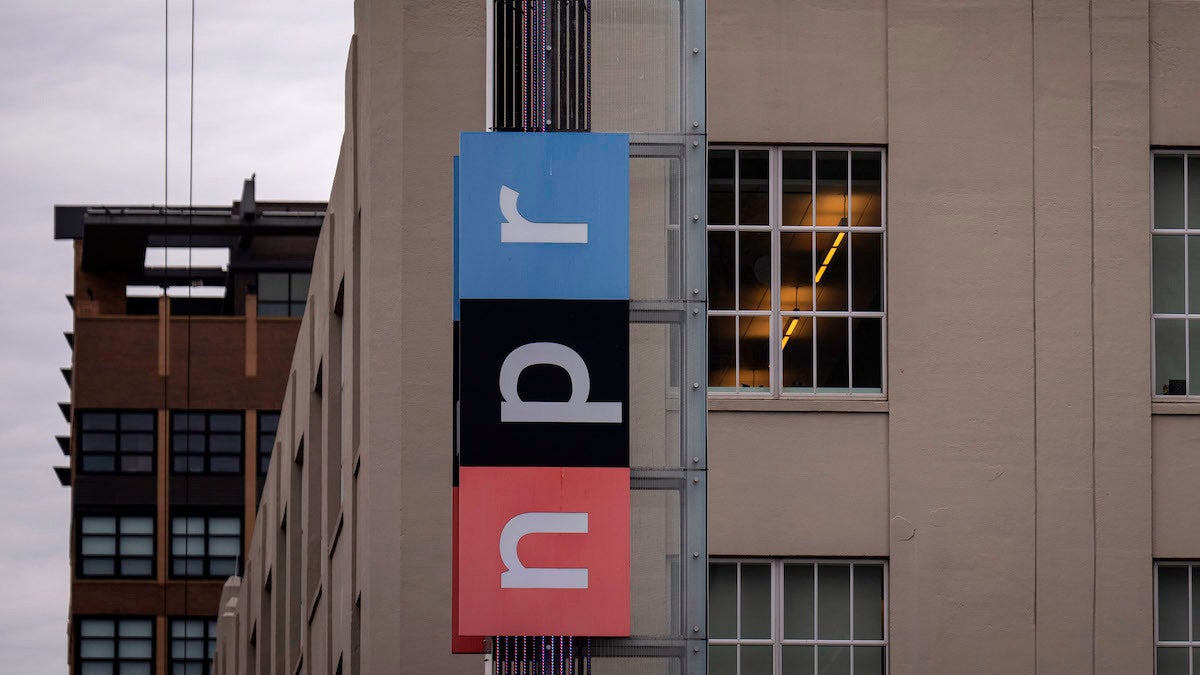












































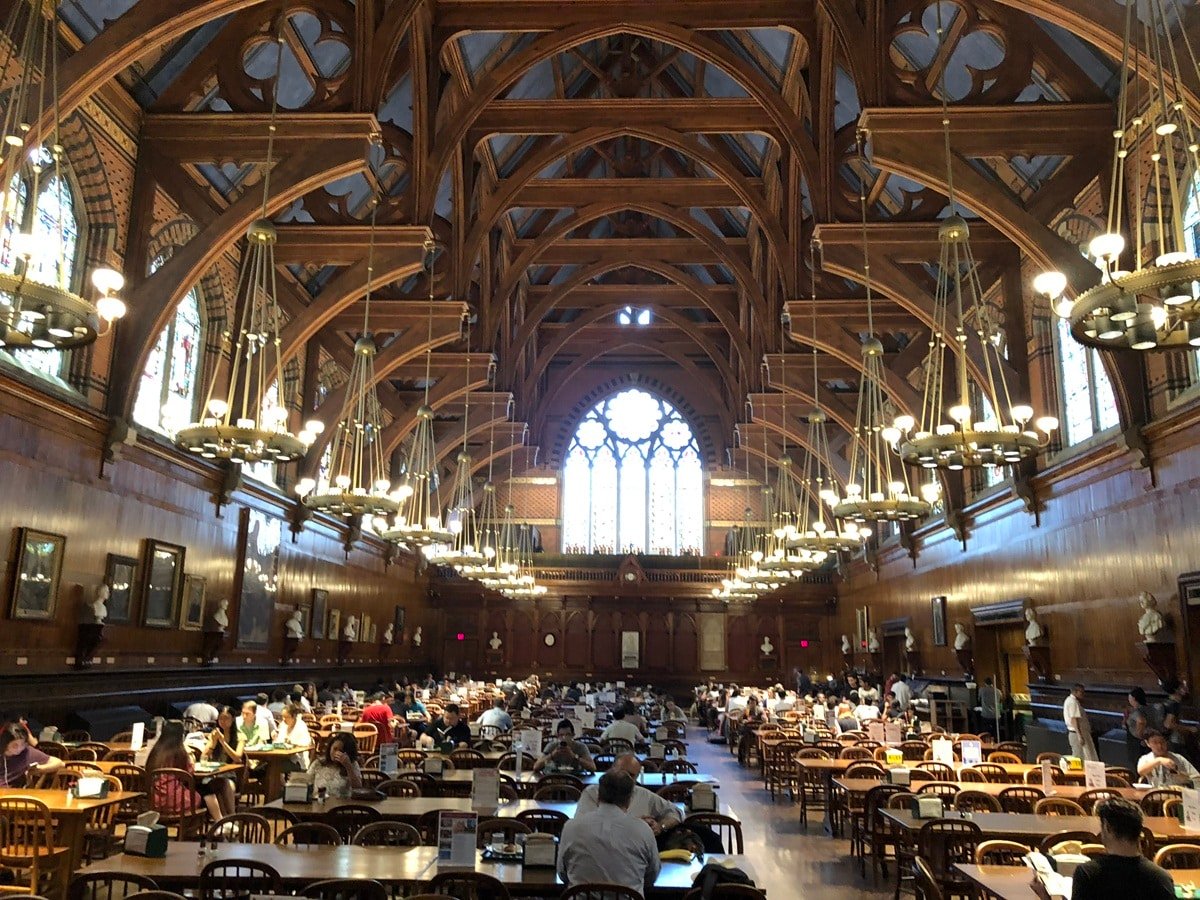




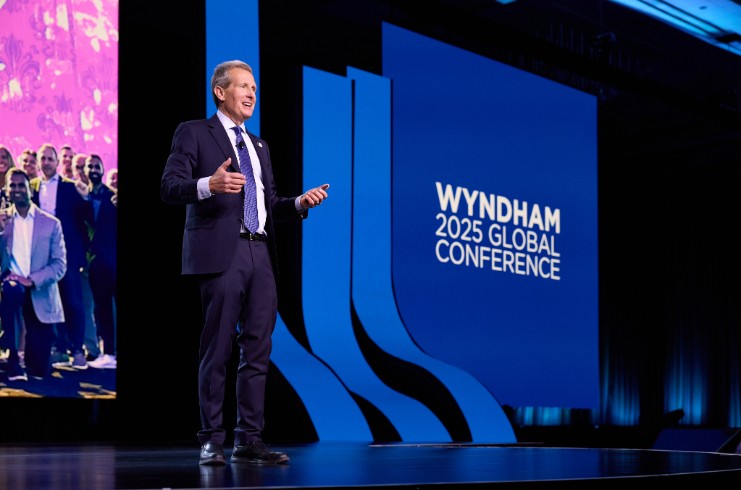

















































































.jpg?#)





























































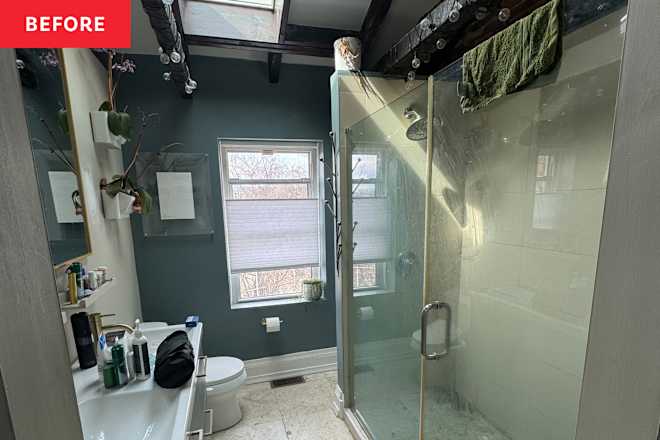





















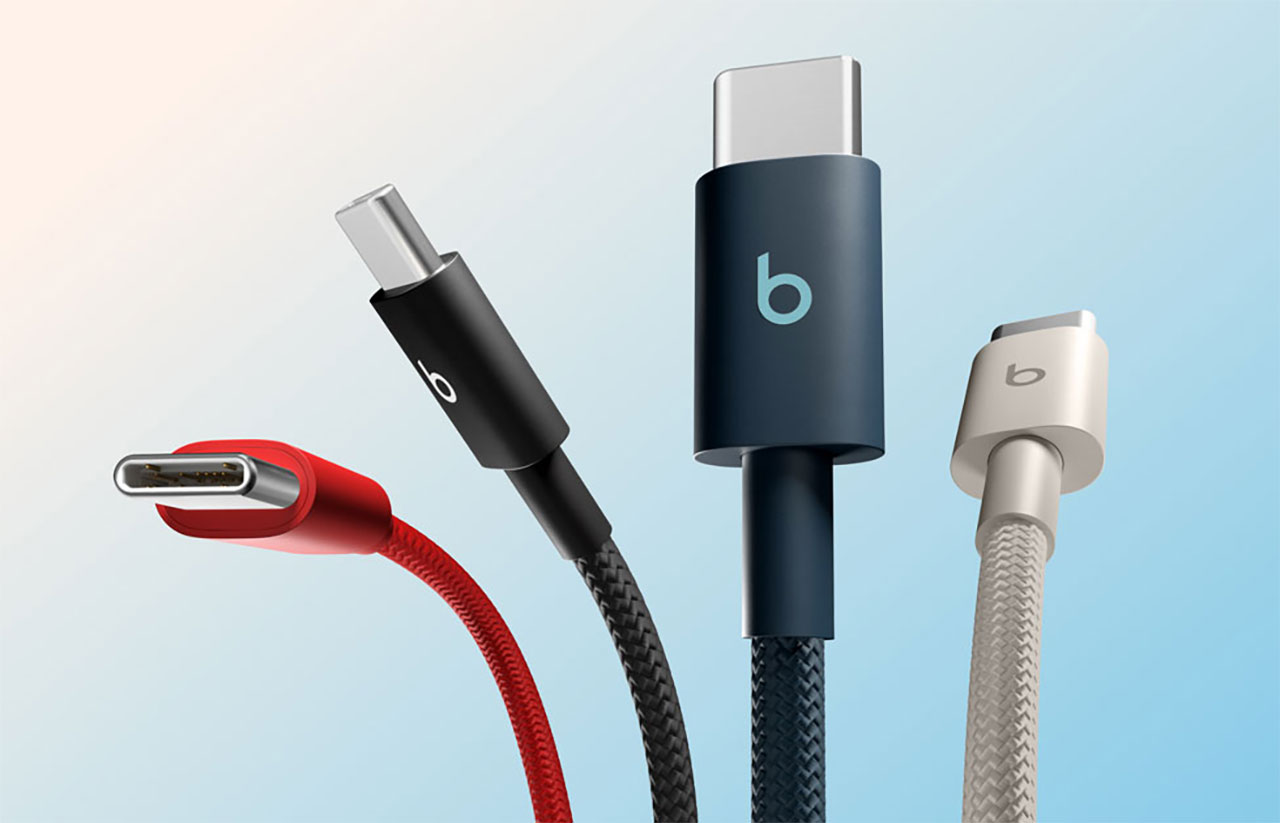













































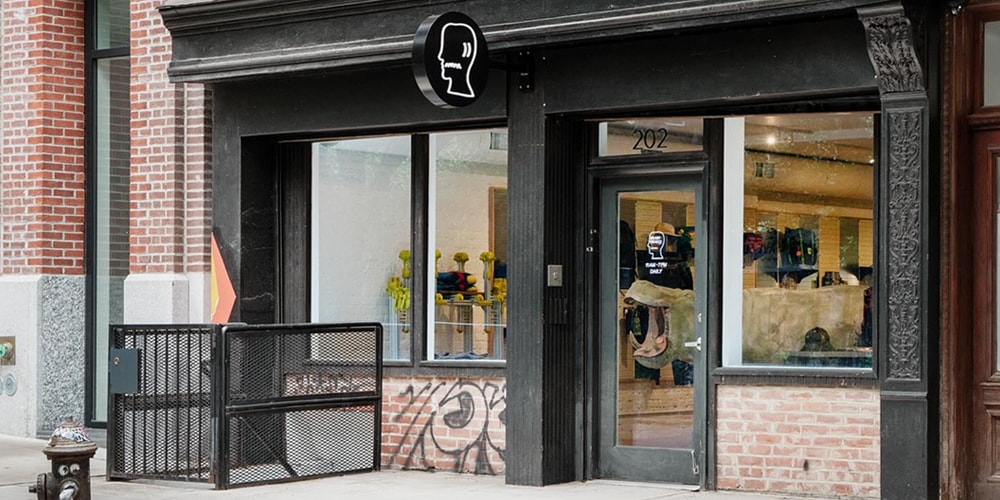




![[Podcast] Making Brands Relevant: How to Connect Culture, Creativity & Commerce with Cyril Louis](https://justcreative.com/wp-content/uploads/2025/05/cyril-lewis-podcast-29.png)

















































































































